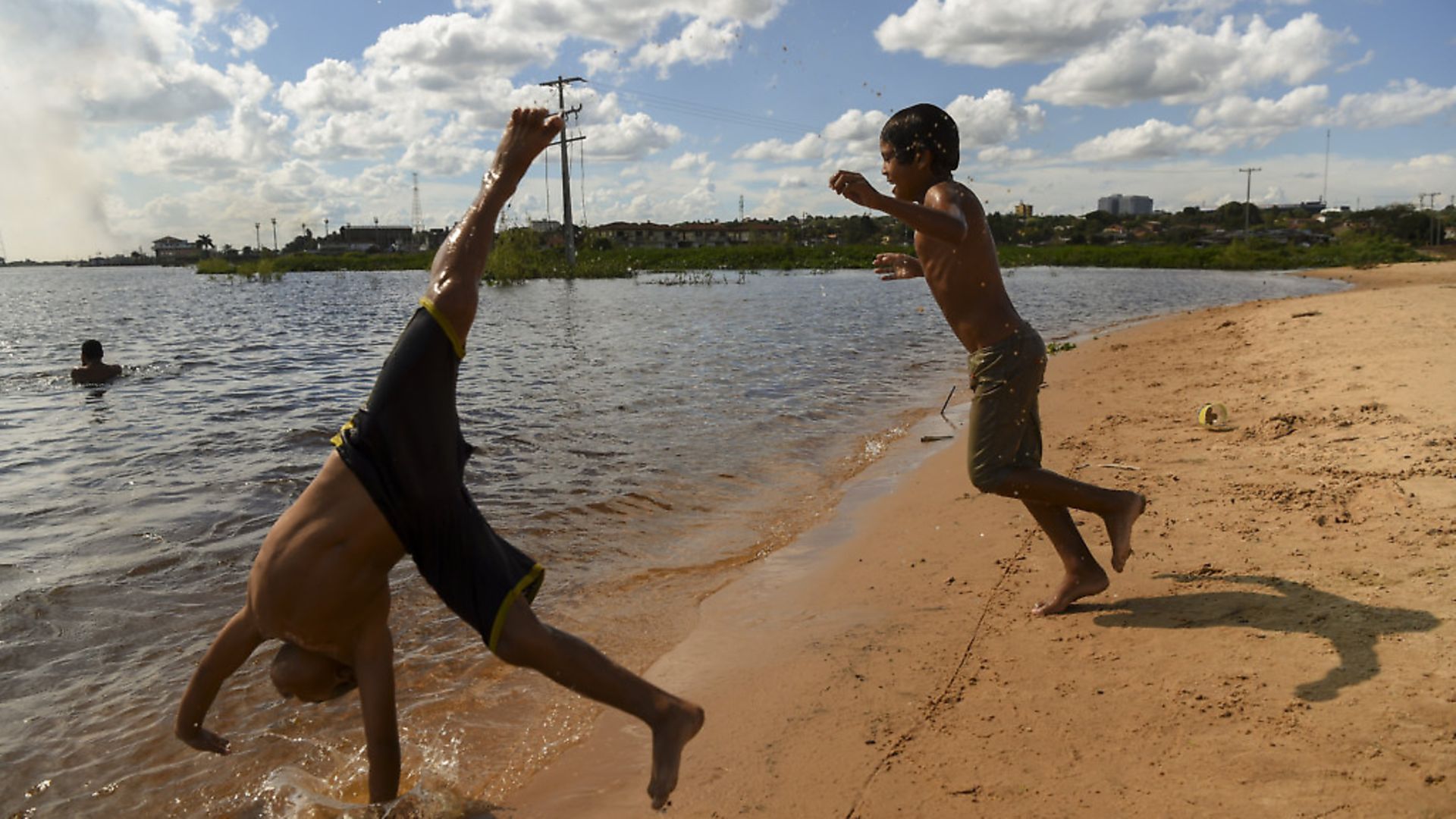
PETER TRUDGILL on how a chapter from its past has left the South American country swimming against a global tide
One of the most appallingly bloody wars ever fought was the War of the Triple Alliance (in Spanish La Guerra de la Triple Alianza, Portuguese A Guerra da Tríplice Aliança). Also called the Paraguayan War, this tragic conflict took place between 1864 and 1870, with Paraguay fighting against an alliance formed by Brazil, Argentina and Uruguay. The war had absolutely catastrophic consequences for Paraguay. Its forces were utterly defeated, and a Brazilian army of occupation remained in the country until 1876.
During this war, Paraguay suffered a colossal number of casualties, both military and civilian. There is a great deal of uncertainty about the figures but, according to the Encyclopedia Britannica, out of a total population of rather more than half a million Paraguayans, only 220,000 remained alive at the end of the hostilities, including only 28,000 adult men as compared to 106,000 women.
The presence of the English language in Paraguay came about as a result of subsequent Paraguayan government attempts to encourage European settlement in the aftermath of the war, which had emptied the country of much of its population. In one response to this invitation, a colony of English-speaking people arrived from Australia.
Their story started in Queensland in the aftermath of the Great Shearers’ Strike of 1891, when over 10,000 agricultural workers had downed tools and demanded the nationalisation of private property. An Englishman from Bristol, William Lane, was one of the main leaders of this strike movement. He and others now wanted to establish an egalitarian socialist society as an example for others around the world to follow, and he led a group of Australians to Paraguay in 1892 with the plan of setting up a socialist utopia.
Lane himself stayed for only seven years and died in New Zealand in 1917, but the communities he founded survived, and there are still descendants of these colonisers in and around the town of Nueva Londres (formerly Nueva Australia) in Paraguay. Over the decades, members of the community have gradually assimilated to mainstream Paraguayan society, including through intermarriage. Some of them continue to bear English-language surnames and to remember their Australian origins and customs, but increasingly they no longer remember their ancestral language.
There are two major official languages in Paraguay – Spanish and Guaraní. Guaraní is the main indigenous language of the country and is spoken by most of the population, so this is the language which the descendants of the Australian settlers are now shifting to.
This is ironic, because one of the biggest human tragedies of our current age is the ongoing loss of languages from the world. One of the worst sites world-wide for the extinction of languages is the Americas where, in the 16th century, several thousand different languages were spoken between the far north – Alaska and northern Canada – and the far south – Tierra del Fuego in the south of Chile and Argentina. Now, 500 years later, most of the languages of North America, which are threatened by English and French, are likely to be extinct within a hundred years; and the future is not much brighter for the indigenous languages of Central and South America, where very many of them are endangered by Spanish and Portuguese, as well as by the destruction of the habitats where their speakers have lived for many millennia, and indeed the deaths of the peoples themselves.
But in one small area of the South American continent, there has been a remarkable reversal of this tragic pattern of European languages exterminating indigenous languages. Unlike in Canada and the United States, where indigenous Amerindian languages are being supplanted by English, in Paraguay it is the other way round: English itself is being killed off by a Native American language, as more and more members of the originally Australian community are becoming native speakers of Guaraní – a kind of linguistic revenge for the Native Americans.









